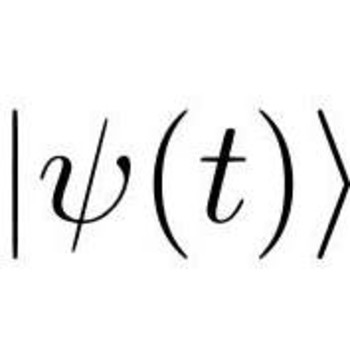How do you evaluate the integral #int ln(3x+4)#?
2 Answers
Explanation:
Let
N.B. Since
Let
Integration by Parts states:
Considering
Thus,
Undo substitution.
Explanation:
We got:
Let's use u-substitution. Let
And so,
Taking out the constant, the problem becomes,
Let's find
Now, we use integration by parts, which is:
Let
And so,
Now, we plug that back into the original integral.
We get:
Notice how I don't put in the constant yet, as we always put the constant after the final calculation, and not during the calculation, as
Substitute back
Now, we can add the constant.

